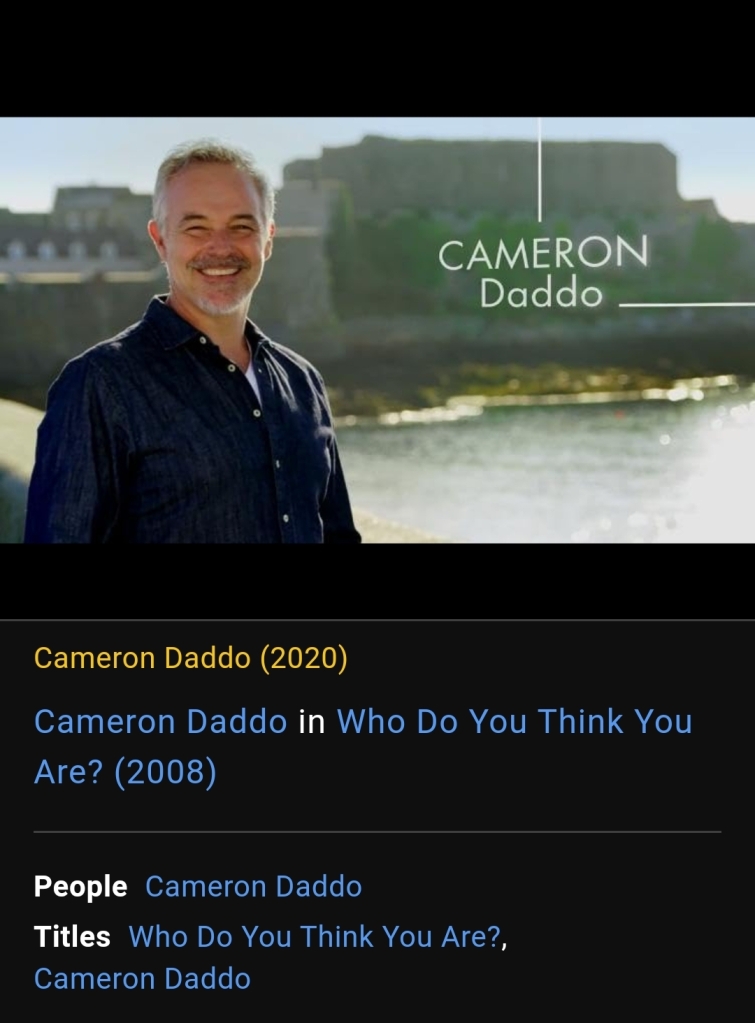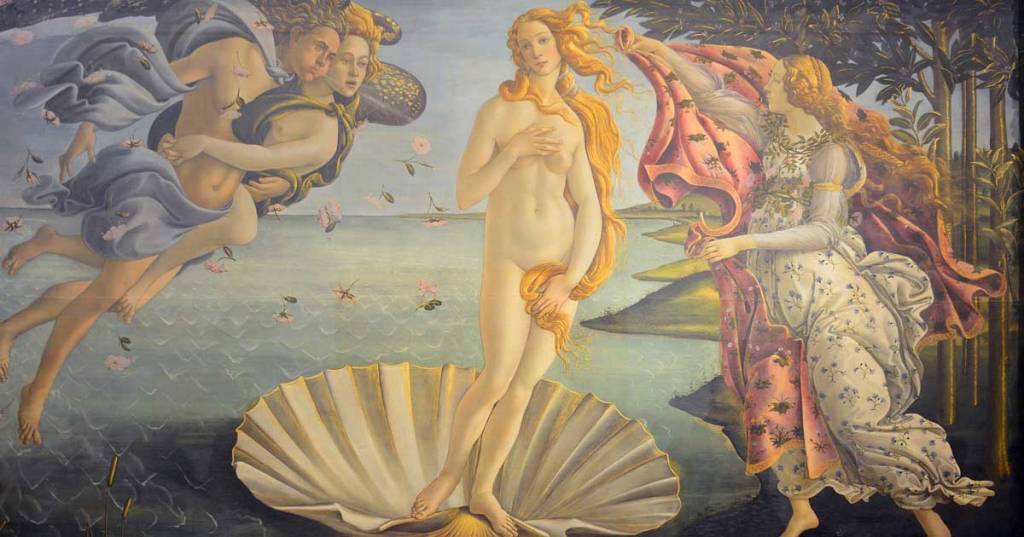Upon watching an episode of the Australian version of Who Do You Think You Are? which was a feature on actor and musician Cameron Daddo, a belief in the supernatural power of Love was re-ignited in my being. Cameron Daddo, 58 years of age, discovered that he had a maternal heritage of unfaltering love by a wife who followed her criminal lover from mainland Australia to Norfolk Island and down to Tasmania. On the other hand, Daddo also discovered that his paternal heritage was forged by a love story of a wife who sailed across the English channel to plead with a king for the release of her falsely accused husband.

actor and musician Cameron Daddo firstly aired on June 2, 2020.
Photo: IMDB
It was honestly an emotional experience witnessing the power of love to bind people together despite various adversities and uncomfortable situations. Themes such as self-sacrifice, holding on dearly to hope and having unyielding faith for a brighter outcome beamed through like a spectrum of light.
Furthermore, the British scholar, author and theologian Clive Lewis, in his 1960 book The Four Loves, categorizes Love into four main versions.
The first is storgē which is empathetic, instinctual or familial love – the love of children, parents and grandparents – as depicted in a family. It is natural as it is voluntary, emotionally stirs since it is forged by affection and familiarity; and it is also the most common version of love, as it is nearly unconditional and transcends most discriminating factors.
The second is Philia which is brotherly or camaraderie styled. It is a friendship founded over time upon common interests, values and experiences. He identifies this love in the friendship of Jonathan and David (as depicted in the Bible), and also Orestes and Pylades in Greek mythology.
The third version being erōs which Lewis specifically defined as intimate love and not so much the raw lust and sexuality; which he distinguishes as venus – relating to the Roman goddess of sex and fertility.

After details of sexuality and the significance in spirituality, Lewis notes how Eros (or being in love) “…may urge to evil as well as good..”
(Lewis, C.S. The Four Loves. 1960. San Francisco, Harperone, 1960, p. 124)
The intense emotions fueled by this love can be illustrated in the Bible verse, “Love is as powerful as death. Love’s jealousy is as strong as the grave. Love is like a blazing fire. Love burns like a mighty flame.” (Song of Solomon 8:6)
The last version of love, as described by Lewis, is agápē or benevolent, unwavering, selfless and divine love between God and humanity.
The insane type of love that ignited the Christian Reformation and the thriving of the Christian faith under the persecution of Roman Emperor Nero. It is exemplified in the Bible verses such as , “Beloved, let us love one another, for love is from God, and whoever loves has been born of God and knows God.” (1 John 4:7) and Proverbs 25:21-22 which reads, “If thine enemy be hungry, give him bread to eat; and if he be thirsty, give him water to drink: For thou shalt heap coals of fire upon his head, and the Lord shall reward thee.”
Love is such a multi-dimensional force that drives people to be passionate about someone, something or some location. It is a personal belief that, ‘Love is not just said but is expressed to someone else. It is a decision made on a momentary basis to treat someone with great respect, to sacrifice of yourself for that individual and also to safeguard that individual or persons from personal ill-thoughts, external inquisitions, and being supportive towards your lover or loved ones.’
Love is for the most part requiring massive self-sacrifice that requires you to have immense patience, personal awareness, individual development and maturity, and also focus and hope.
And lastly, the Bible describes love as ‘patient, kind, it does not envy, it does not boast, it is not proud. It does not dishonour others, it is not self-seeking, it is not easily angered, it keeps no record of wrongs. Love does not delight in evil but rejoices with the truth.
It always protects, always trusts, always hopes, always perseveres.
Love never fails. But where there are prophecies, they will cease; where there are tongues, they will be stilled; where there is knowledge, it will pass away.’
(1 Corinthians 13:4-8)
Whenever you have the opportunity, choose love!